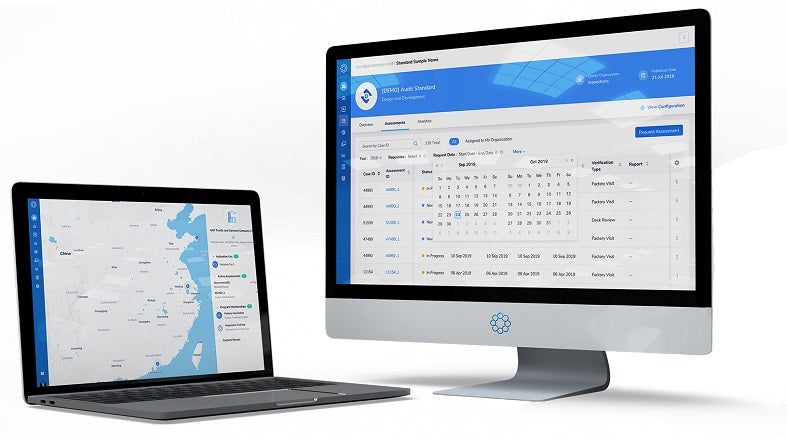The Indonesian subsidiary of Lenzing, PT. Since July this year, South Pacific Viscose (SPV) uses electricity exclusively from renewable sources and has reduced its specific CO2 emissions by 75,000 tons per year.
In 2019, Lenzing was the first fiber manufacturer to set a goal of halving its CO2 emissions by 2030 and becoming climate neutral by 2050. This CO2 reduction target was supported by the Science-Based Targets initiative.
In Purwakarta, Indonesia, Lenzing is currently investing in reducing CO2 emissions, as well as emissions to air and water. Thanks to a €100 million investment in this area, Lenzing is gradually shifting its capacities from standard viscose to the Lenzing Ecovero and Veocel specialty viscose brands.
"Demand for our special biodegradable wood fibers continues to grow," said Robert van de Kerkhof, fiber manager at Lenzing. “We see great growth potential, especially in Asia. Switching to green and renewable electricity is a big step forward in making our Indonesian site a specialist provider of fibers that are produced sustainably.
According to Lenzing, Ecovero viscose fibers (for textiles) and Veocel brand special viscose fibers with Eco Care technology (for nonwovens) cause 50% less greenhouse gas emissions and less water pollution than standard viscose.
The company aims to generate more than 75% of its sales from Tencel, Lenzing Ecovero and Veocel branded biodegradable wood fiber business by 2024. For fiber-related sales, specialty fibers will exceed its 75% target for 2023 by a "significant" margin.
In June, Lenzing joined the chemical industry initiative for sustainable supply chains, Together for Sustainability (TfS), to help improve the environmental impact of the textile and nonwovens industry.
In March, the company announced it had the "world's largest lyocell factory" in Thailand with a capacity of 100,000 tonnes to meet growing demand for sustainably produced fibers.
 research
research


